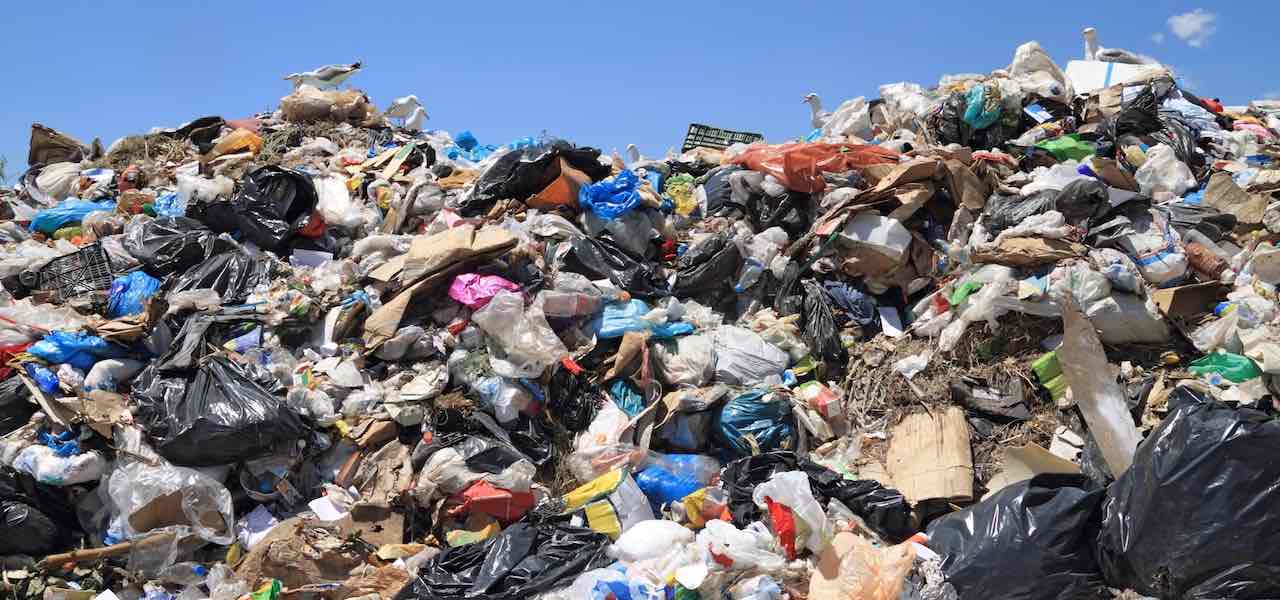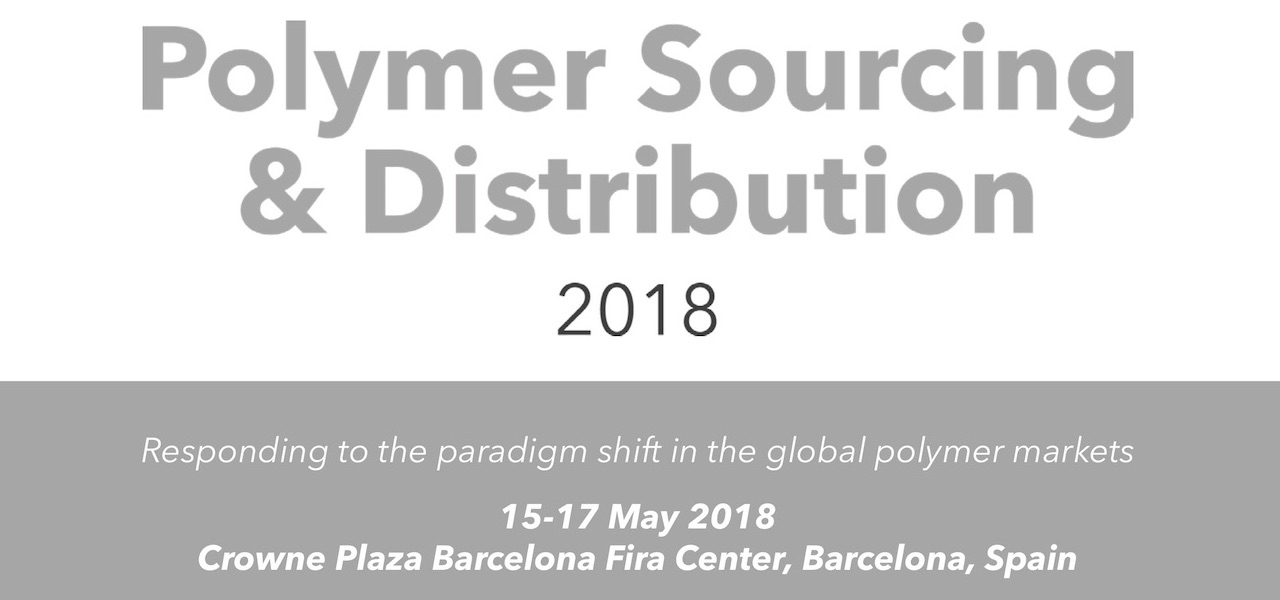The controversial proposed tax on single-use plastic packaging has raised questions over how to best recover and recycle this material. Taxes or deposit return schemes – how can we use economics to incentivise more recycling? Richard McKinlay, Head of Circular Economy at Axion, discusses the options.
Plastic packaging recycling has flat-lined. A key reason for this is the economics of recycling post-consumer packaging are very challenging. Another major problem is a lack of understanding among consumers over what can be recycled, alongside a lack of incentives for them to recycle properly.
The whole point of single-use plastics and packaging is to deliver products to as many people as possible, over as great a distance as possible with as little cost and product waste as possible. Modern packaging serves this purpose well; yet to recycle it successfully, we have to reverse this process and get it back from all the consumers. That’s no easy task!
So what’s the solution? Hit people in their pockets…otherwise known as taxes, or conversely ‘reward’ them for good recycling behaviour. Two ways of using economic drivers to increase recycling rates are a Deposit Return Scheme, a carrot, or a tax on single-use plastics, a stick.
Deposit Return Schemes
The Deposit Return Scheme (DRS) concept hit the UK news headlines at the end of March with Environment Secretary Michael Gove’s announcement to introduce a Deposit Return Scheme in England. Full details are subject to consultation and yet to be decided, including how big the deposit will be. Expected to cover single-use glass and plastic bottles, and steel and aluminium cans, the Government’s move has to be welcomed as a step in the right direction.
Similar schemes in Europe have been successful in achieving high recycling rates for PET bottles, aluminium cans and glass. They encourage users to recycle packaging for which they recover a small deposit, a reward if you like. Overall, there is no additional cost to consumers, providing they participate correctly.
The DRS will generate very high quality material for recycling because unlike kerbside collections, you can control exactly what is collected. This is especially important when producing food grade rPET. With material from kerbside collections, the food grade PET is mixed with non-food grade PET, which makes it harder to achieve the maximum allowed 5% non-food PET.
Deposit Return Schemes should increase recycling rates for the materials included in the scheme, most likely PET bottles and aluminium cans. However these already have a comparatively high recycling rate compared to other packaging, so any increase on overall rates will be marginal at best.
Single-use plastics tax
A tax on single-use plastics is more of a driver to reduce unnecessary packaging items, in other words, a ‘stick’. This tax could also be used to increase recycling rates if the money goes into setting up new collection and recycling infrastructure. It’s also difficult: putting a tax on all ‘single-use’ plastic is not fair.
When packaging is necessary, such as for meat, rice, pasta – everyday essentials – it would not be fair to tax this and pass the cost on to the consumer. This could affect those on low incomes as they have no choice but to pay it. In some cases, plastic packaging is the best option for protecting the product.
Other packaging materials, such as glass or aluminium, do not necessarily have greater environmental benefits: glass, for example, is heavier so transporting it has a higher carbon impact than plastic film.
The single-use plastics tax could be effective on products where there is a viable alternative for consumer use, such as reusable coffee cups. In this case the consumer can choose to bring a reusable cup and avoid paying the tax; or if they prefer the convenience of not bringing a cup, they can pay the tax, which is then used to pay for the recovery and recycling of the single-use packaging.
Extended Producer Responsibility
In conclusion, I think both approaches have their merits. They could help improve recycling rates, but not significantly in my view. A more effective solution would be Extended Producer Responsibility schemes that would encourage brands to design for end of life in exchange for reduced compliance fees, and so improve the ‘recyclability’ of their packaging.
While the recent announcement has been welcomed by environmental campaigners, the packaging industry may be worried about the price tag. The sector may be asked to pick up the bill for the deposit return scheme. Currently plastics producers pay just 10% of the cost of recycling packaging.
Councils will also be anxious to ensure that kerbside collecting is not undercut when details are confirmed. There are already pretty good collection and recycling rates for PET bottles.
But there is still more be done. Unless we focus effort on collecting and recycling pot, tubs and trays and films, we will not improve recycling rates significantly. The technical viabilities of recycling HDPE, PP and LDPE are all proven; what we need is investment in the infrastructure and ongoing subsidies to support and increase the recycling rates for these materials.
Perhaps, and more importantly, behavioural change from consumers and industry could be the key to unlocking economic and environmental benefits for all!






 China’s National Sword ban on imported plastic waste has resulted in hundreds of containers being shipped to other Asian countries, such as Malaysia, Vietnam, Cambodia and Sri Lanka.
China’s National Sword ban on imported plastic waste has resulted in hundreds of containers being shipped to other Asian countries, such as Malaysia, Vietnam, Cambodia and Sri Lanka.


